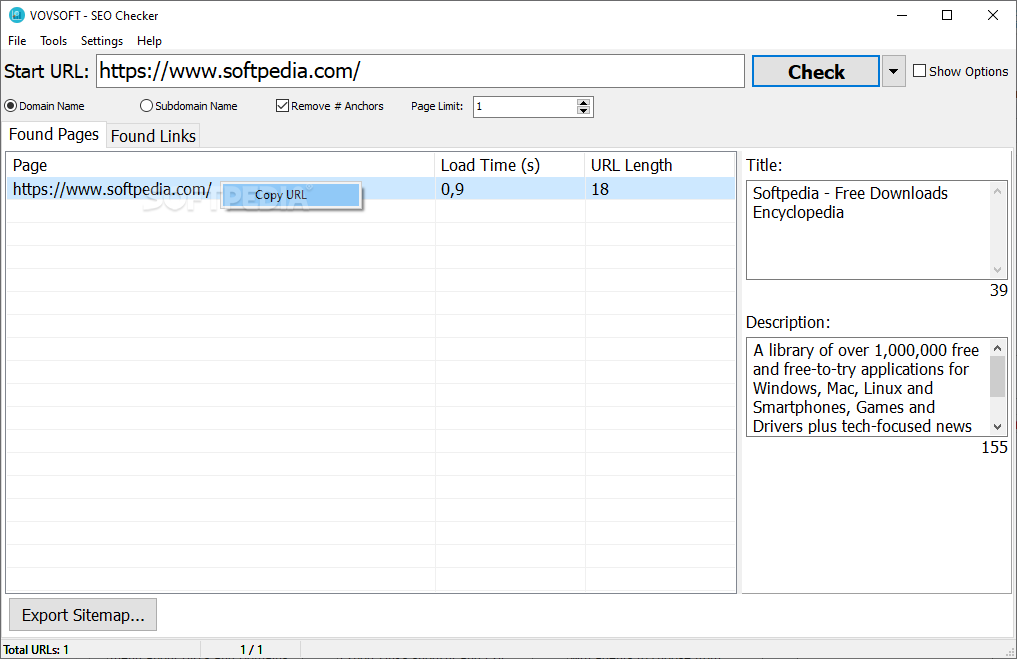
In the online world, content is critical. If your keyword would impact the readability of your H2 and H3 tags, consider leaving it out. To improve your SEO strategy, you’ll want to include your primary keyword in your heading tags, especially your H1 tag.

Our tool will also look for your primary keyword in your heading tags. Our SEO checker tool will look for H1, H2, H3, H4, and H5 tags - if you’re missing them, we’ll let you know. Depending on your content, you may also have H3 and H4 tags to make your content even easier for audiences to read. Maximize your SEO strategy by including an H1 tag, as well as H2 tags. They’re also helpful for readers, as they divide your content into neat, easy-to-follow sections. These tags feature throughout the content of your page and tend to include the keywords you’re targeting. HeadingsĪfter our Google SEO Checker assesses your title tag and meta description, it evaluates your heading tags. To make your SEO analysis easy to follow, we include your meta description tag in the report. That means if your keyword is, “holiday decorating guide,” you want to use that exact keyword and word order, so the phrase, “guide to holiday decorating,” wouldn’t count.
Onsite seo checker free#
Our free SEO checker looks at the following features of your title tag: As an example, you could have the title tag, “Holiday Decorating Guide,” but your heading is, “Your Quintessential Holiday Decorating Guide.” We then evaluate the title tag of your page - keep in mind, this may differ from the heading of your page.

If you’re a non-profit or government organization, however, you may register “.gov” or “.org.”īased on these factors, our SEO analyzer will determine if your page is SEO-friendly.

The best part? It’ll highlight which files to compress. If it spots ways to improve your page speed, like by compressing your image files, it’ll notify you in your free SEO report. It’ll also look at all your site’s assets, from HTML to CSS to JavaScript. That’s why our SEO site checkup tool tests the speed of your page. In fact, more than 80 percent of users expect a website to load in two seconds or less - if the website takes longer, they’ll likely leave, which increases your bounce rate. The speed of your website not only matters to search engines but also to users. Our free SEO audit tool offers a comprehensive evaluation of several factors, including: Page speed


 0 kommentar(er)
0 kommentar(er)
